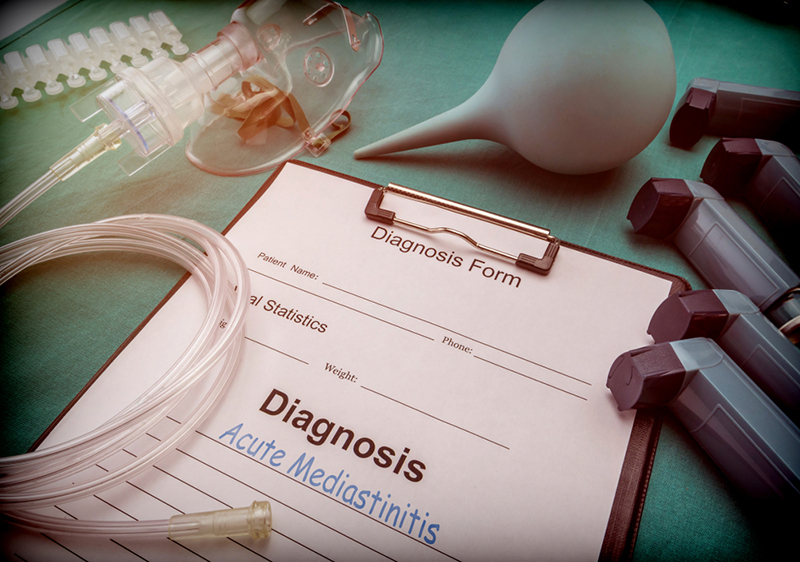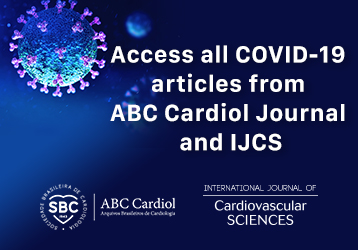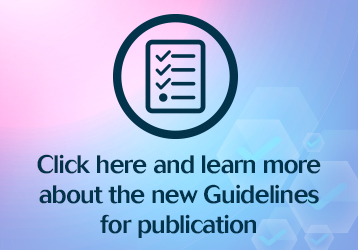Volume 31, Nº 2, March/April 2018
DOI: http://www.dx.doi.org/10.5935/2359-4802.20180004
ORIGINAL ARTICLE
Factors Associated with Post-Sternotomy Mediastinitis. Case-Control Study
Débora Cristine Gomes Pinto
Antônio Fernandino de Castro Bahia Neto
Flávia Lage Gonçalves
Isabel Cristina Gomes
Eduardo Back Sternick
Alessandra Maciel Almeida
Nulma Souto Jentzsch

Abstract
Background: Mediastinitis is a severe post-median sternotomy infection with poor prognosis, even with early diagnosis and treatment.
Objectives: To evaluate the profile of patients submitted to sternotomy, identify the risk factors for the development of mediastinitis and evaluate the bacteriological diagnosis of patients with this infection.
Methods: Case-control study carried out in a large hospital in Belo Horizonte (MG, Brazil) in patients submitted to median sternotomy, from January 2015 to January 2018. The sample consisted of 65 patients, of which 13 were cases and 52, controls (1:4). For the statistical analysis, Student’s t test, Mann-Whitney test and Fisher exact test were used, in addition to logistic regression, with a level of significance of 5%.
Results: There was a predominance of males (63.1%), and the mean age was 58.8 ± 10.3 years. Evolution to death occurred in 9.2% of the patients and in 23.1% of those with mediastinitis. Myocardial revascularization was performed in 75.4% of the cases. Predominance of male gender, longer hospitalization time, post-surgical fever and death, and a greater number of risk factors were more frequent characteristics in patients who developed mediastinitis. The most common microorganism found in patients with mediastinal infection was Staphylococcus aureus (30.7%), in addition to a high occurrence of Gram-negative bacteria (46,2%).
Conclusion: The results are in accordance with the literature. Efforts should be focused on the control of risk factors prior to the procedure, in addition to improving measures that can decrease or eliminate the onset of mediastinitis, aiming at infection prevention and control. (Int J Cardiovasc Sci. 2018;31(2)163-172)
Keywords: Mediastinitis; Risk factors; Thoracic surgery; Surgical wound infection.











